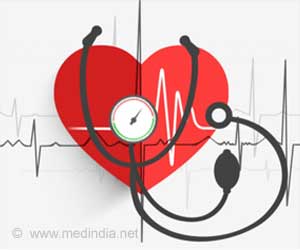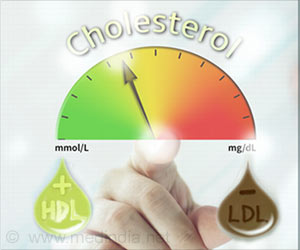New guidelines by the American Heart Association said more Americans should take cholesterol-lowering medication statins to prevent risk of heart attack or stroke.

These people may not have heart disease but have a 7.5 percent or higher risk of heart attack or stroke in the next 10 years.
Previous guidelines called for statins only if a person's 10-year risk level was 20 percent or higher.
"The old guideline only considered a person's risk for heart disease, leaving out the risk for stroke," the AHA added.
Newly included among those who should take statins are white women over 60 who smoke, and African-American men over 50 with high blood pressure.
Others who should take statins include people with a history of heart attack, stroke, angina, peripheral artery disease and related conditions.
"We've been undertreating people who need statin therapy in this country," said Donald Lloyd-Jones, one of the 20 experts who wrote the new guideline.
There are seven different types of statins on the US market, including the best-selling drug Lipitor (atorvastatin).
"The important message is to lessen emphasis on the old LDL cholesterol goals," said Donald Smith, director of the lipids and metabolism program at Mount Sinai Hospital in New York.
Instead, the focus is on aggressive therapy in these at-risk groups, which also include anyone who has a history of heart disease or stroke.
Ideally, the level of bad LDL cholesterol should be below 100 mg/dL. It is considered high at 160 mg/dL, the AHA said.
Source-AFP
 MEDINDIA
MEDINDIA




 Email
Email










